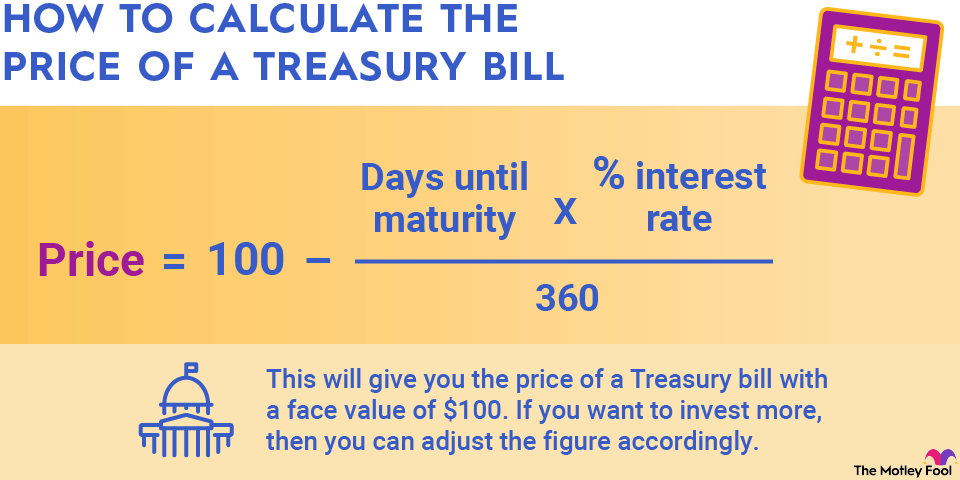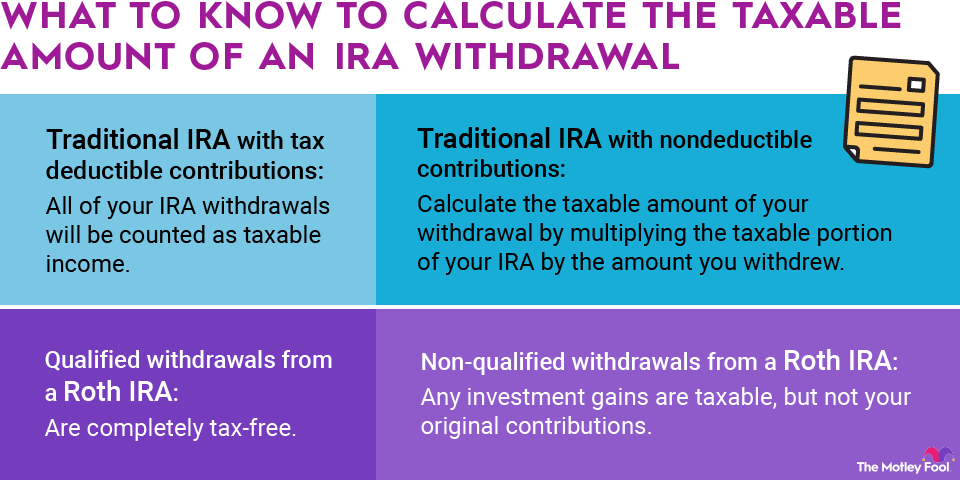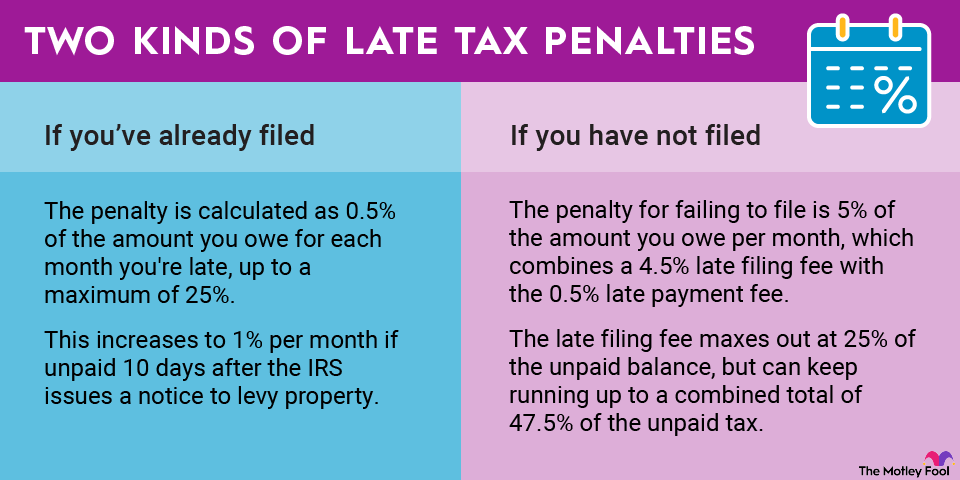Your gross pay consists of the total amount of money your employer pays you -- typically expressed as either an annual salary or hourly wage. However, take-home pay is a much more useful number, as it tells you how much money you'll actually receive on your paycheck. Here's how to calculate your take-home pay as a percentage of your gross pay to see how much of your hard-earned money is actually going into your pocket.

Calculating take-home pay as a percentage of gross pay
Take-home pay is fairly easy to determine — it's simply the amount of money you receive on your paycheck.
Gross pay per pay period can be calculated in one of two ways, depending on whether you're a salaried or hourly employee. If you earn an annual salary, divide that amount by the number of pay periods each year.
IF YOU GET PAID... | DIVIDE YOUR SALARY BY |
|---|---|
Weekly | 52 |
Biweekly | 26 |
Semi-monthly | 24 |
Monthly | 12 |
If you are paid hourly, multiply your hourly wage by the number of hours you work per pay period. For example, if you earn $15 per hour and work 80 hours per pay period, multiplying the two numbers shows a gross pay of $1,200 per pay period.
After you have both numbers, divide your take-home pay by your gross pay, and then multiply the result by 100. This gives you your take-home pay as a percentage of gross pay per pay period.
(Take home pay / Gross pay) × 100 = Take home %

It's also worth mentioning that this percentage can vary throughout the year if you receive any bonuses or work any overtime. Generally, the more you earn, the more taxes are taken out of your paycheck as a percentage of your salary. In other words, if you take home 70% of your typical paycheck as a percentage of your gross pay, don't expect to receive 70% of your next one if there's a lot of overtime on it.
Example
Let's say that you earn a salary of $50,000 and that your biweekly paychecks are for $1,300 each. Since you are paid biweekly, dividing the salary by 26 shows a gross pay of $1,923 per pay period. Inserting the gross and take-home pay numbers into the formula gives the percentage.
($1,300 / $1,923) × 100 = 67.6%

Related investing topics
In other words, for every $100 you earn, you actually receive $67.60. The other $32.40 is taken out of your paycheck for taxes and other deductions such as health insurance and retirement savings.

















